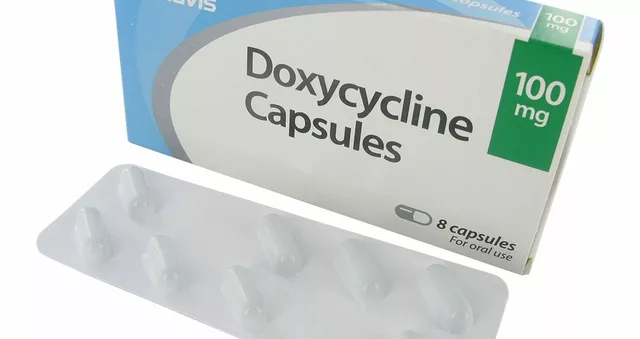Dementia Prevention: Practical Steps to Lower Your Risk
Worried about memory loss? Age raises risk, but you can still influence many factors. Research suggests a large share of dementia cases link to things we can change—blood pressure, hearing, activity, sleep, and social life. Here are clear, practical actions you can start today.
Daily habits that actually help
Move your body. Aim for 150 minutes of moderate exercise a week—walking, cycling, swimming. Exercise improves blood flow to the brain and helps control weight, blood pressure, and blood sugar.
Choose a brain-friendly diet. The Mediterranean and MIND diets, rich in vegetables, berries, whole grains, nuts, fish, and olive oil, show consistent links to better cognitive health. Cut down on processed foods, sugary drinks, and too much red meat.
Sleep matters. Poor sleep or untreated sleep apnea raises risk. If you snore loudly, feel tired in daytime, or wake gasping, talk to your clinician about a sleep study. Good sleep helps memory consolidation and clears waste products from the brain.
Keep your mind active. Learn a language, play an instrument, do puzzles, or take classes. New and challenging activities build mental resilience more than passive screen time.
Stay socially connected. Regular contact with friends, volunteer work, or group hobbies reduce isolation and support mood—both important for cognition.
Medical checks and risk control
Manage heart and metabolic health. High blood pressure, diabetes, high cholesterol, and obesity increase dementia risk. Regular checkups and following treatment plans cut that risk. Even modest improvements in blood pressure and glucose control help.
Look after your hearing. Untreated hearing loss is linked to higher dementia risk. A hearing test and hearing aids, when needed, can improve communication and lessen cognitive load.
Avoid smoking and limit alcohol. Quitting smoking lowers long-term risk. Moderate alcohol—if any—is wise. Heavy drinking clearly damages the brain.
Review medications with your doctor. Some sleep medications and strong anticholinergic drugs can harm memory in older adults. Don’t stop meds on your own—ask your clinician about safer options.
Address depression and anxiety. Long-term mood problems and stress affect thinking. Therapy, social support, and medications when needed make a difference for both wellbeing and brain health.
Be cautious with supplements. No magic pill prevents dementia. Omega-3s, vitamin D, and B vitamins may help certain people, but check with your doctor before starting anything.
Small changes add up. Start with one habit—walk more, swap in more veggies, or book a hearing check. Track progress, ask your doctor for tests and tailored advice, and keep at the changes. Preventing cognitive decline is a long game, but practical steps taken now can lower your risk and improve how you feel every day.
Alzheimer's Disease and Stroke: The Hidden Link You Should Know
Discover the surprising connection between Alzheimer-type dementia and stroke, how these conditions overlap, and what it means for your brain health. This detailed guide unpacks the science, shares real stats, and gives genuinely helpful tips for protecting your memory and mental sharpness. Learn how lifestyle and medical choices can influence both dementia and stroke risks. Get a clear picture of prevention strategies and emerging research. No jargon—just well-explained, actionable insights anyone can use.
About
Health and Wellness
Latest Posts


How to Avoid Contamination When Splitting or Crushing Pills
By Marcel Kornblum Feb 19, 2026

How to Spot a Pharmacy Labeling Error Before Taking a Medication
By Marcel Kornblum Dec 21, 2025

How to Buy Online Cheap Generic Metformin Safely
By Marcel Kornblum Sep 25, 2025

